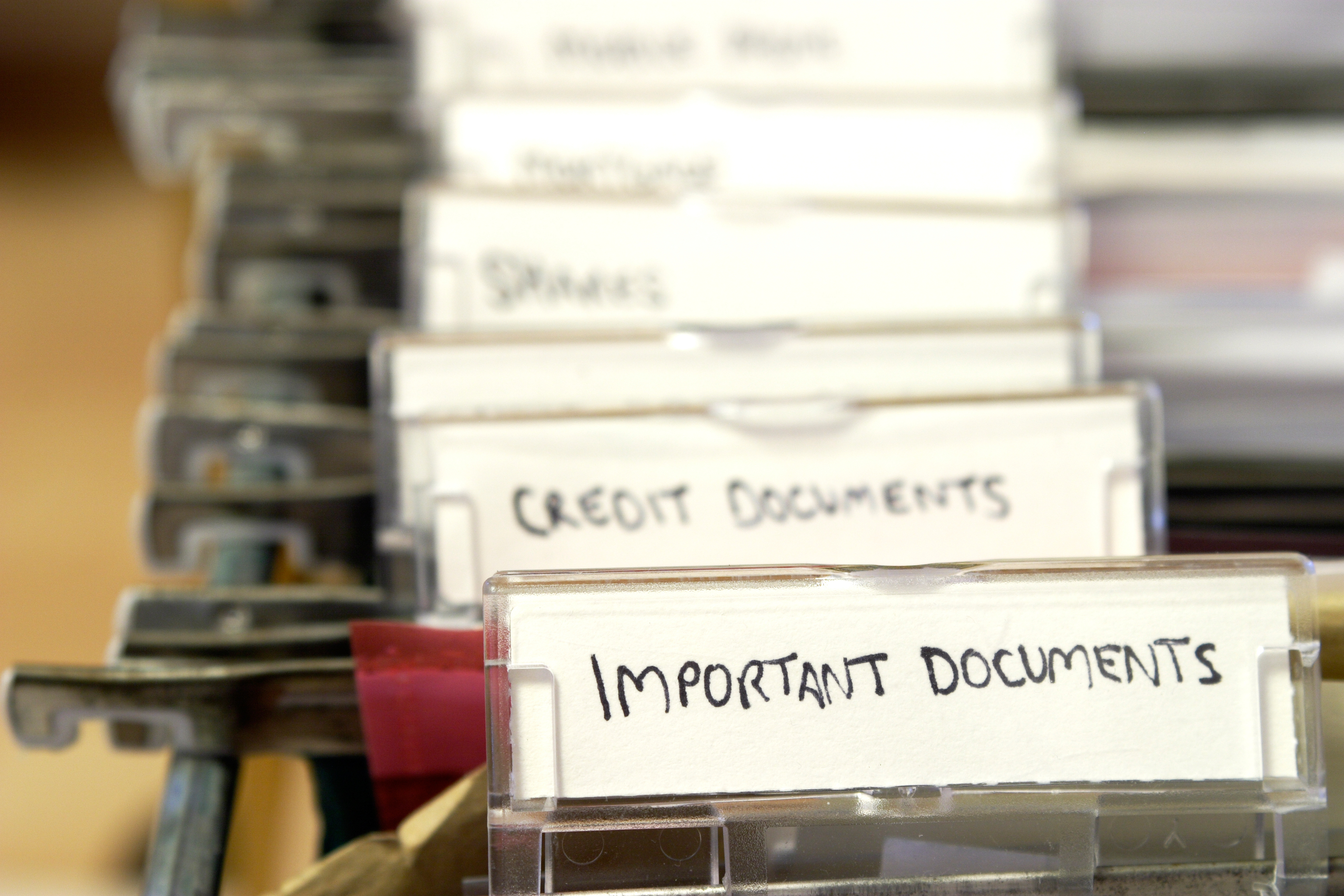Paper Trails & Peace of Mind: Why Keeping Financial Documents Matters
Written by Arbitrage • 2025-08-21 00:00:00

Losing a loved one is emotionally overwhelming. But when that loved one was also a business owner, grief often collides with a flood of legal, financial, and operational decisions. In these moments, having access to the proper documents can mean the difference between clarity and chaos. Whether you're the heir, executor, or business partner, retaining critical financial records isn't just smart; it is essential.
Why Keeping Financial Records After Death Matters
When someone passes away, their estate enters a legal process of settlement and administration. If they owned a business, the situation would become more complex. Creditors, tax authorities, employees, and heirs may all have questions, and the answers often lie within the paperwork. Here's why documentation is so critical:
- Proof of ownership and assets: Business titles, contracts, and asset registries confirm who owns what, and what's transferable.
- Liability protection: Old tax filings, insurance policies, and loan agreements help protect heirs and partners from unexpected claims.
- Estate resolution: Accurate financial records simplify probate and help validate the deceased's financial standing.
What to Keep - and for How Long:
Here is a practical breakdown of key financial and business documents you should retain after someone's death, especially when a company is involved.
Keep Indefinitely:
- Original will and trust documents
- Business formation paperwork (LLC, S-Corp, etc.)
- Operating agreements or shareholder contracts
- Titles to property or significant business assets
- Life insurance policies and payout documentation
- Business succession plans or buy-sell agreements
Keep for 7 Years:
- Personal and business tax returns
- Payroll records and employee documentation
- Bank statements and financial ledgers
- Business loan agreements and payment records
- Communications with the IRS or other regulatory agencies
Keep for at Least 3 Years:
- Utility and vendor bills
- Canceled checks and receipts for business expenses
- Monthly profit and loss statements
- Invoices and customer payment records
Digital Files Count Too - But Back Them Up
Many financial records today are digital. That's fine, but ensure they are stored securely and accessible to authorized individuals. Utilize cloud storage with encryption, establish clear naming conventions, and consistently back up sensitive documents on an external drive or secure vault.
What If You're the Heir or Executor?
If you've inherited a business or responsibility for the estate, request these documents early. Sometimes, key records are lost in the shuffle, especially if the business owner didn't leave a detailed succession plan. Here's what to do:
- Ask banks, accountants, or lawyers for recent copies of tax returns, ledgers, and statements.
- Work with a CPA to review tax obligations.
- Avoid discarding "old" records until an advisor confirms they're no longer needed.
Final Thought: Organizing Today Protects Tomorrow
For business owners, leaving a well-documented trail behind is an act of responsibility and a legacy. For heirs or executors, preserving financial records is more than a compliance task; it's how you protect assets, prevent disputes, and honor the person's life's work. Financial clarity isn't just about numbers; it's about peace of mind for generations to come.